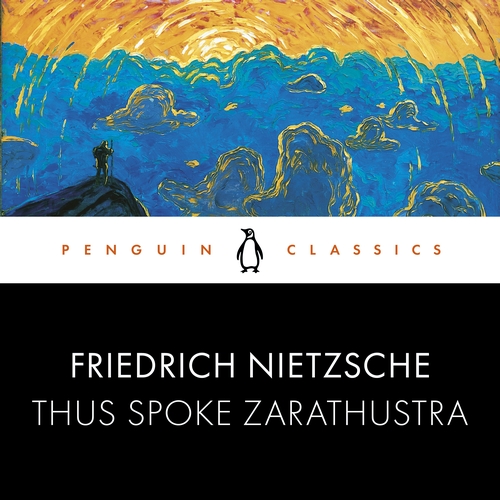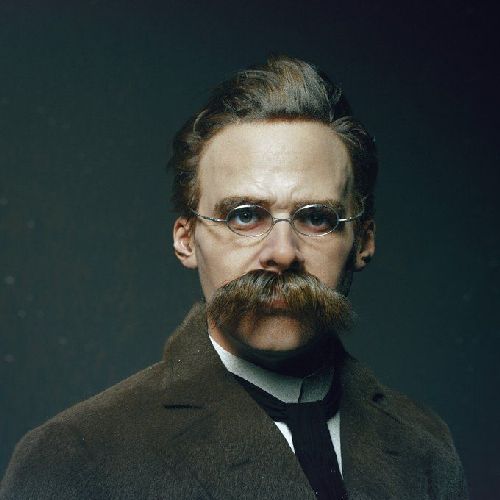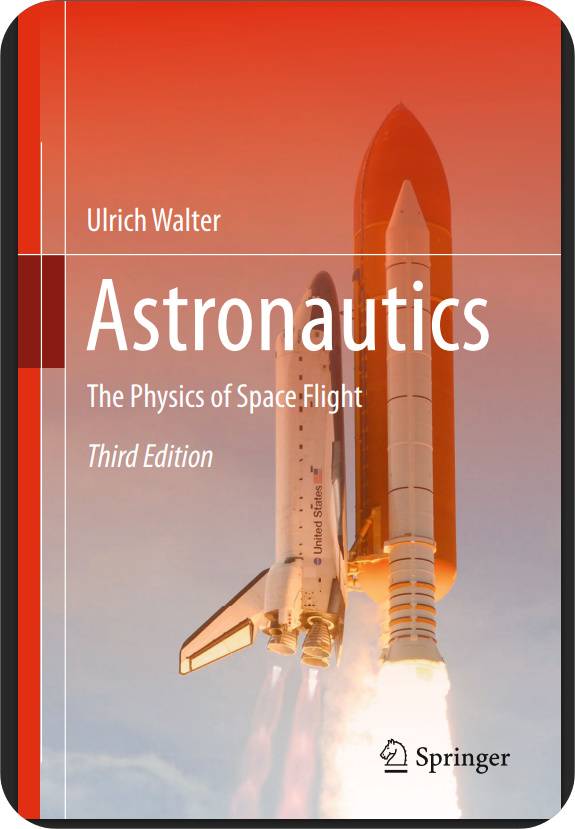
Friedrich Wilhelm Nietzsche (1844–1900) is known for his provocative and unconventional ideas. He often expressed views that were in direct opposition to prevailing religious, moral, and societal norms, particularly when it came to his criticisms of Christianity.
He challenged many deeply ingrained beliefs and values of his time. His rejection of Christian morality and emphasis on individual will and self-assertion align with certain aspects of pagan thought and provide a philosophical foundation for those seeking to break free from Christian historical and social dominance.
“Thus Spoke Zarathustra” is an exploration of Nietzsche’s life – his struggles, both physical and mental, his intellectual development, and the profound impact of his philosophical ideas.
For Nietzsche, humanity has the potential to supersede even God/the gods. His idea of “higher” man is the further evolution of humankind rather than a simplistic superhero ideal.
Zarathustra is a literary device and symbolic figure
Friedrich Nietzsche uses the name “Zarathustra” as a literary device and symbolic figure. Zarathustra, in the book, is a prophetic figure who confronts and challenges contemporary European society, particularly its Christian and moral values.
He confronts the prevailing moral and cultural norms, calling individuals to account for their failings and encouraging them to seek a new way of life.
Nietzsche interprets the struggle between the dualism – good and evil. He sees it as a dichotomy between selflessness and benevolence on one hand, and egoism and self-interest on the other.
He challenges the prevailing moral framework that places selflessness and benevolence as inherently good, while condemning egoism and self-interest.
The book unfolds three important ideas.
Übermensch
The first is, Übermensch. It represents a vision of the future potential of humanity. A time, when individuals can easily transcend conventional morality. In addition to, adopt a new set of values based on personal freedom, creativity, and self-mastery.
Nietzsche believe that the contemporary society is stuck under the weight of cultural crisis. Conventional religion, rituals, ethics, and moral framework are losing their authority and meaning. Therefore, the only solutions that he can think of are:
- a radical re-evaluation of values and
- a shift in our attitude towards life.
People had become pawns in the sense that they did not like to question religious conformity. And follow all conventions blindly. He associates all these mental blocks with weakness, conformity, and herd mentality.
Will to power
The second Nietzschean idea is the concept of the “will to power.” It encompasses the natural instinct for self-preservation, growth, and exerting one’s influence on the world. It is the driving force behind human actions, aspirations, and even creative endeavors.
Therefore, he believes “will to power” is an innate aspect of life. Transformation of human being, as per Nietzsche, is the evolution of this “will to power”. By this he means, a radical shift towards a more refined and self-aware manifestation of this driving force.
The idea doesn’t involve seeking power over others. Rather, it’s about an individual’s ability to harness their own power, in order to assert themselves in the world creatively and authentically.
In simple words, it is about embracing personal strength, self-mastery, and the pursuit of one’s unique path in life.
Eternal recurrence
The third Nietzschean idea is the concept of the “eternal recurrence.” It suggests that everything we experience, every joy and every sorrow, will repeat again and again throughout eternity.
He considers the idea of eternal recurrence as a test of a person’s strength and affirmation of life. If one has to embrace life fully, Nietzsche says, one has to accept both its triumphs and sufferings, and affirm them with an attitude of “love of fate”.
The concept of eternal recurrence raises existential questions about the meaning and significance of our lives. It challenges individuals to reflect on how they would live their lives if confronted with the idea that everything they do will be repeated infinitely.
An invitation to deep contemplation and existential questioning
Nietzsche uses the character of Zarathustra to convey his own philosophical ideas. Adroitly, he challenges prevailing moral assumptions, and inspire individuals to seek a new way of life that aligns with their authentic desires and potentials.
He advocates for a revaluation of values, encouraging individuals to embrace their own passions, and potential for self-mastery rather than suppressing them in the name of selflessness or moral duty.
To interpret and integrate than passive acceptance
The book is an invitation to deep contemplation and existential questioning.
The book or the projected character, Zarathustra himself does not explicitly teach or provide direct lessons. Instead, it is seen as a challenge for readers to interpret and integrate it into their own lives.
Therefore, any image of a life worth living under the conditions presented in the book cannot be directly interrogated or examined in a straightforward manner.
This approach aligns with the influence of various literary and philosophical models mentioned, such as biblical wisdom literature, the works of French moral psychologists, Emerson, and Goethe.
These forms of literature are not intended to convey instruction or information. Rather it allows for readers to engage with the ideas presented and derive their own interpretations and meaning.
Since, Nietzsche is not in favour of passive acceptance of a predetermined set of lessons or beliefs, through this book, he calls for active engagement, reflection, and interpretation.

Takeaway
Over all, the writing style is engaging, making complex philosophical concepts accessible to readers without sacrificing depth or accuracy.
It strikes a good balance between biographical details, philosophical analysis, and historical context, providing a well-rounded exploration of Nietzsche’s life and work.
It’s a valuable resource for those who are looking forward to explore Nietzsche’s life and philosophy.




[…] the perceived provocative nature of his later works, especially in “Thus Spoke Zarathustra,” the essential philosophical concepts and principles that Nietzsche introduced in his […]